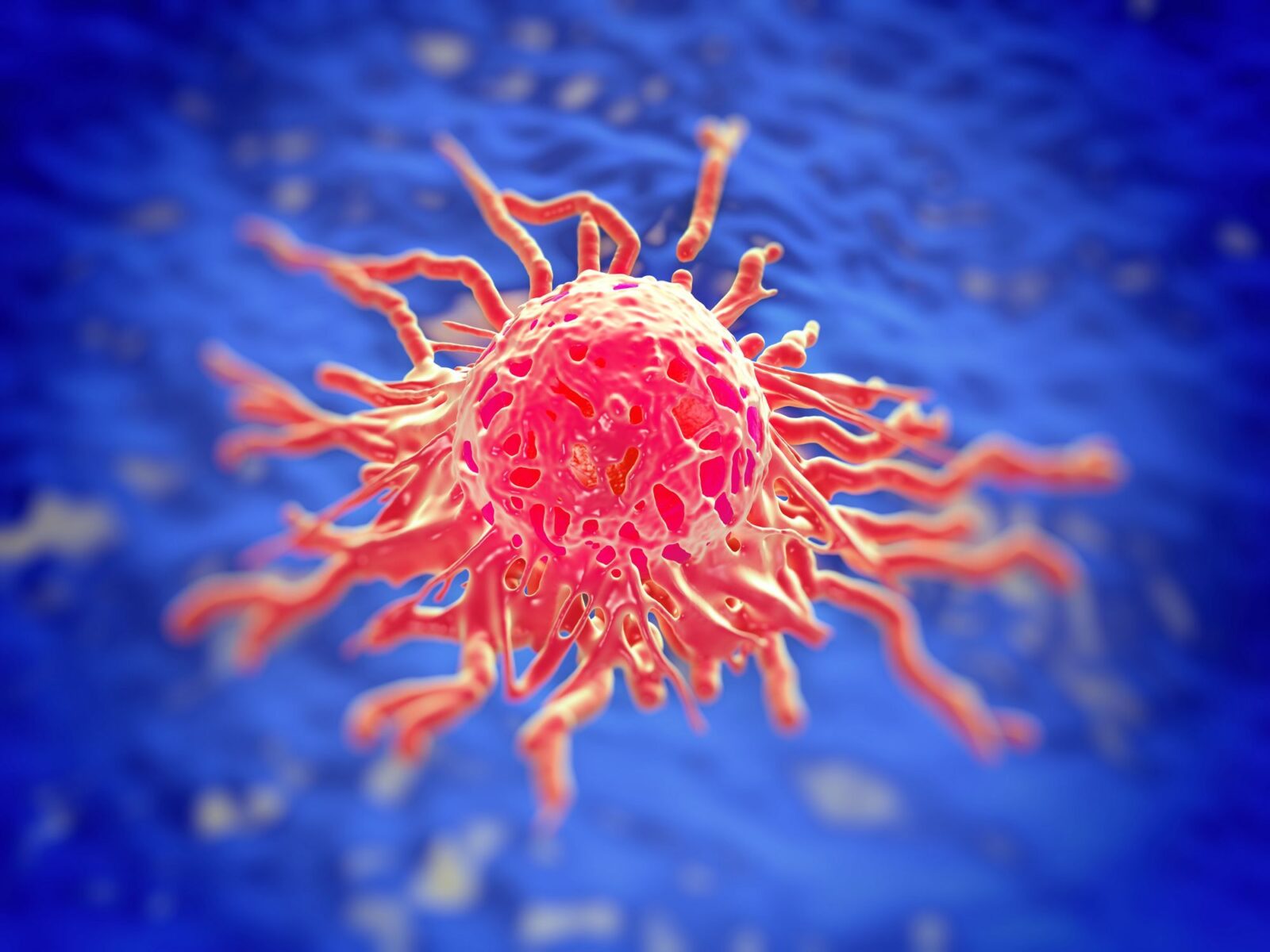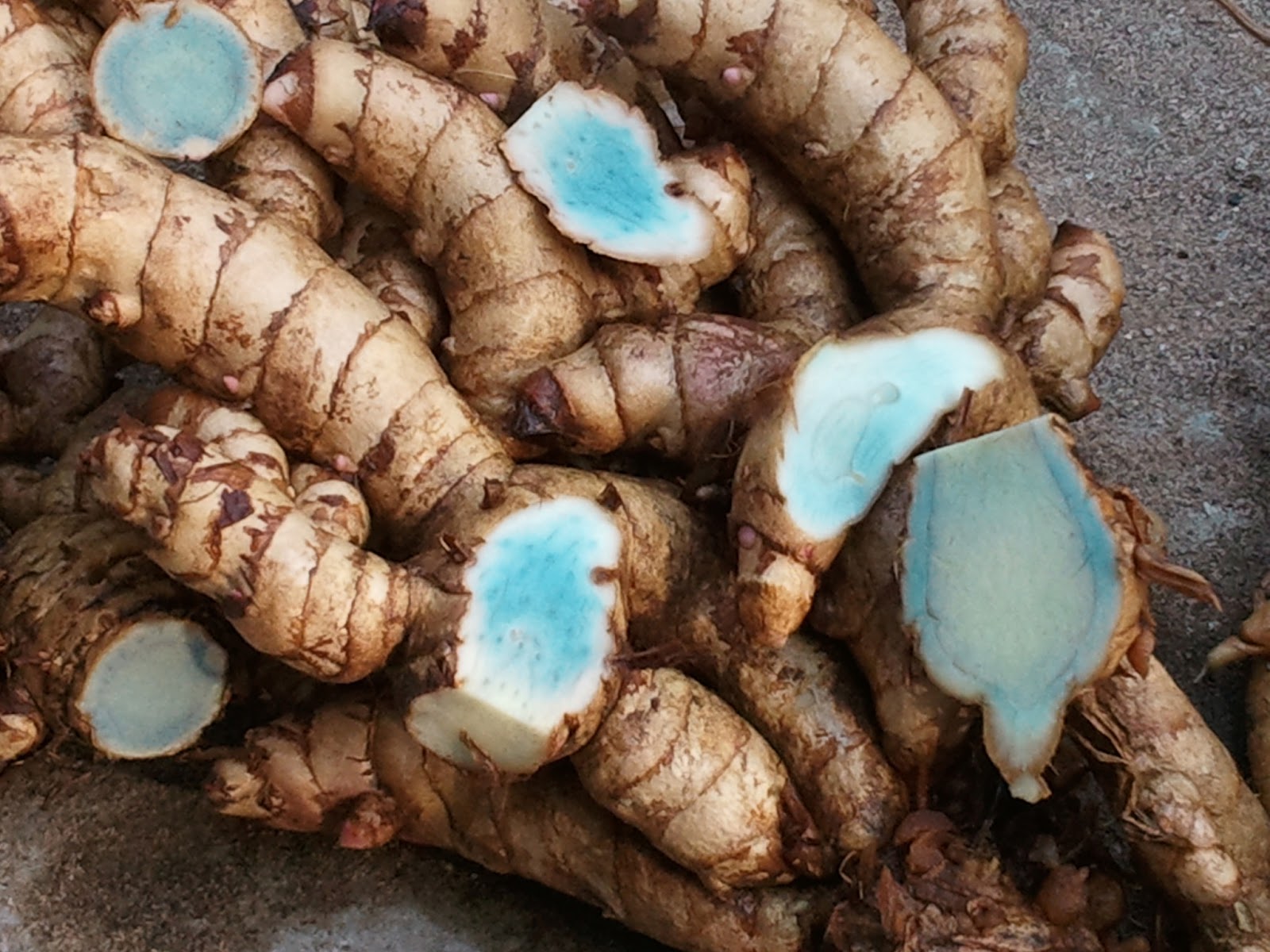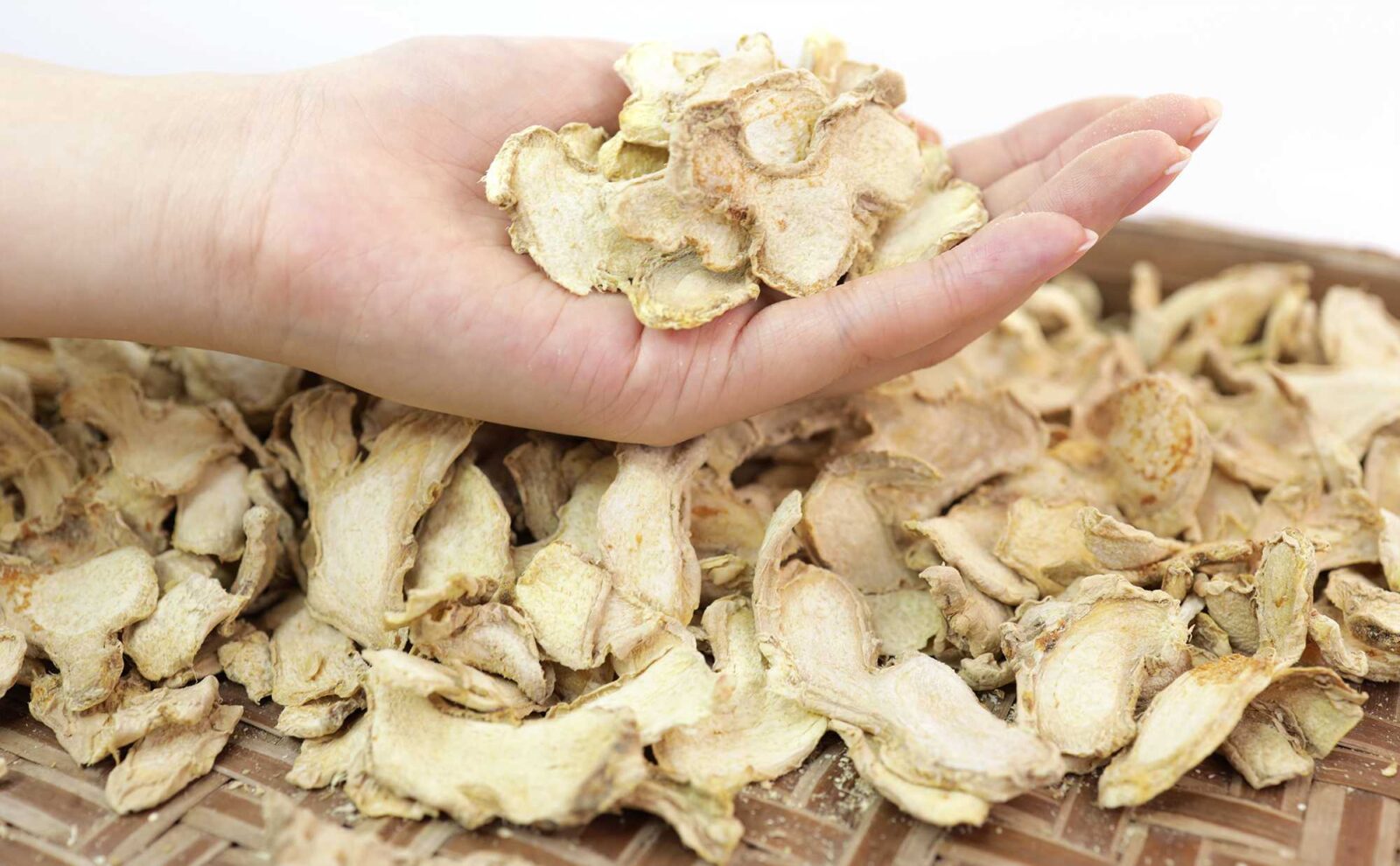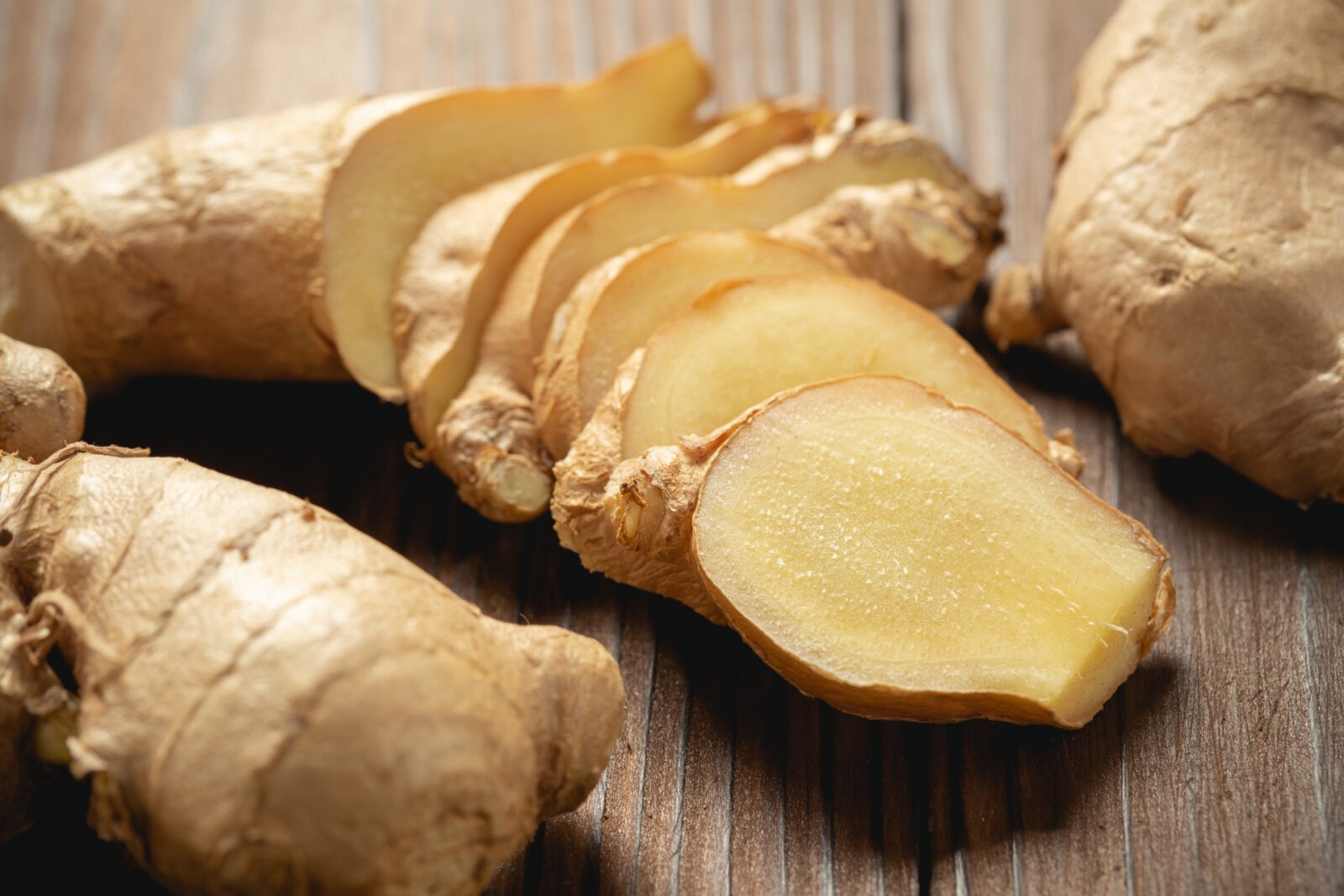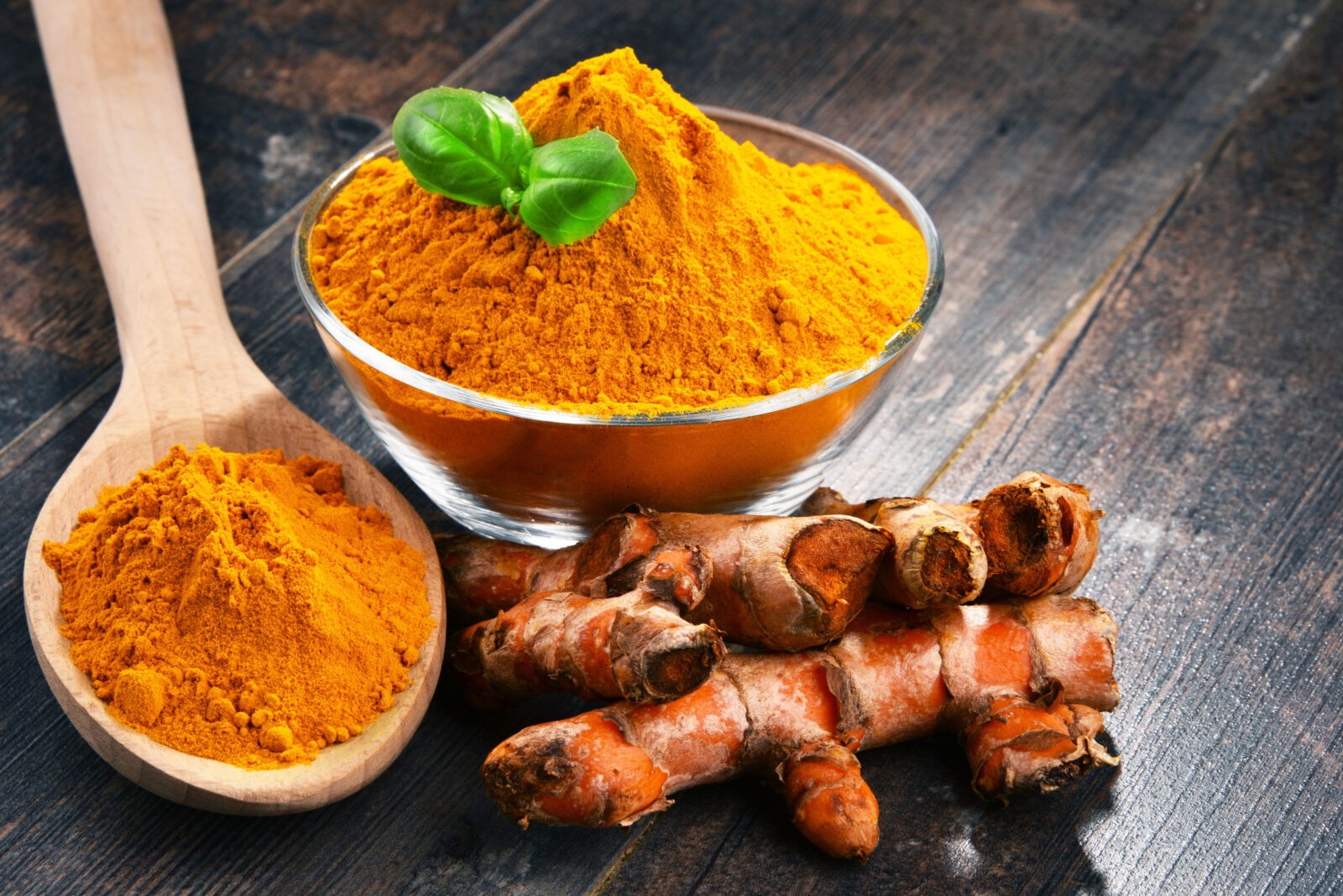Table of Contents
Health Alert: Are Your Favorite Dangerous Foods Increasing Your Cancer Risk?
In an age where convenience often trumps nutrition, it’s essential to stay informed about what we are putting into our bodies. Some of your favorite dangerous foods might not be as harmless as they seem. Recent studies and reports have highlighted the potential risks associated with consuming certain popular dangerous foods on a regular basis. Here’s what you need to know to make healthier, more informed choices about your diet.
Processed Meats: A Risky Indulgence
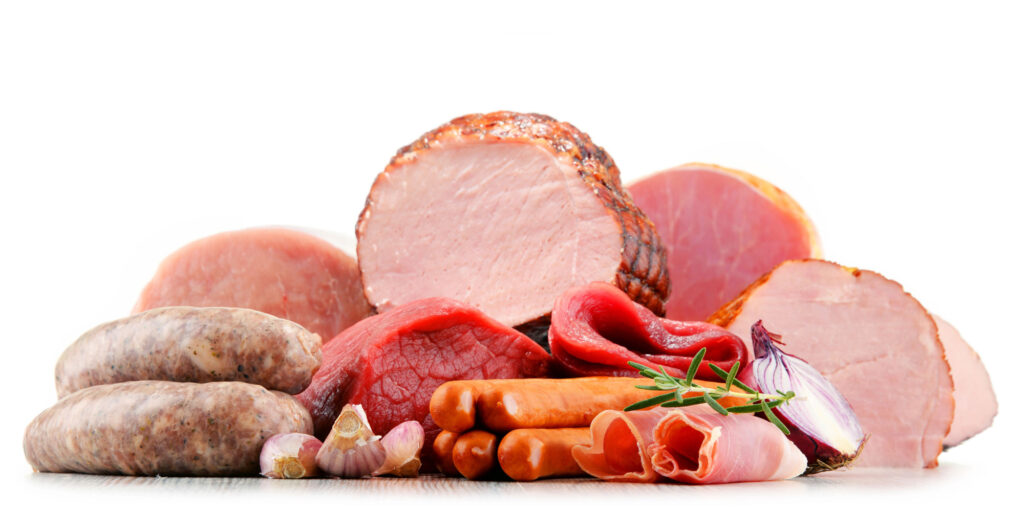
Processed meats, including items like bacon and hot dogs, have been classified as cancer-causing by the World Health Organization. The statistics are startling:
- Colorectal Cancer: Consuming four slices of bacon or one hot dog a day can increase your risk of colorectal cancer by 18%.
- Pancreatic Cancer: The risk skyrockets for pancreatic cancer, with a 67% increase for the same amount of processed meat consumption.
Why Are Processed Meats Harmful?
Processed meats are often treated with nitrates and nitrites, chemicals used to preserve the meat and enhance its flavor. These substances can form nitrosamines in the body, which are known carcinogens. Additionally, high cooking temperatures, especially involving frying or grilling, can produce heterocyclic amines, another group of cancer-causing chemicals.
Nutella: The Palm Oil Dilemma
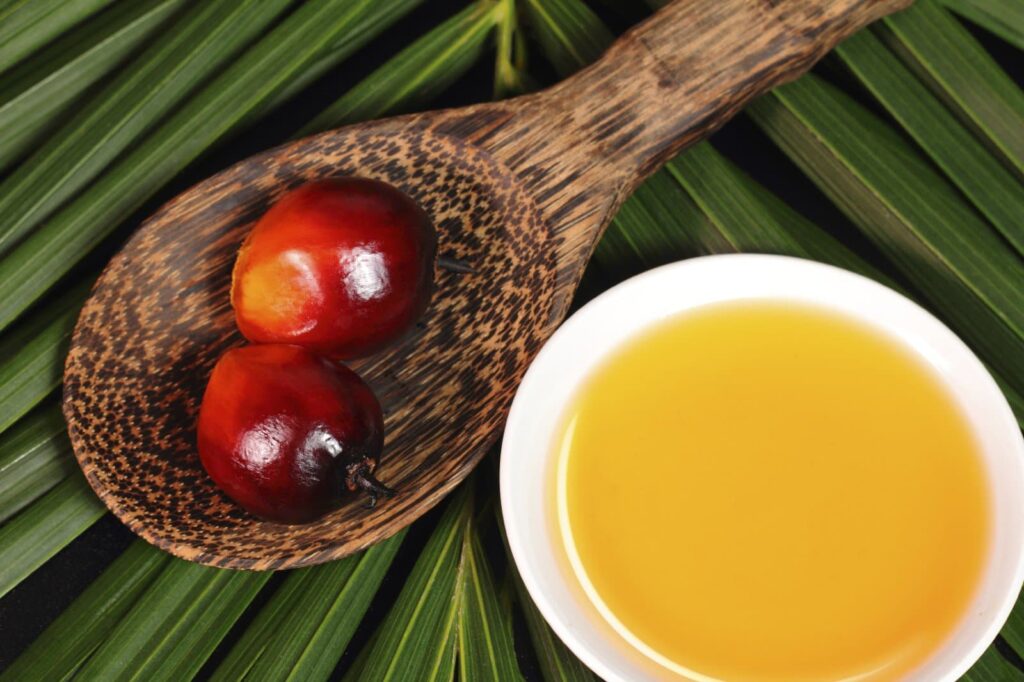
For lovers of Nutella, there’s troubling news from the European Food Safety Authority. Palm oil, a key ingredient in this popular spread, becomes dangerous when heated to high temperatures.
- Carcinogenic Properties: When palm oil is heated to around 392 degrees Fahrenheit, it produces carcinogens. This adds another layer of risk to a product already loaded with sugar and fat.
The Harm in Palm Oil
Palm oil is the cheapest vegetable oil available and is used extensively in processed foods. Its production has also raised environmental concerns, but from a health perspective, the primary issue is its potential to produce harmful compounds when exposed to high heat.
French Fries and Potato Chips: Acrylamide Concerns
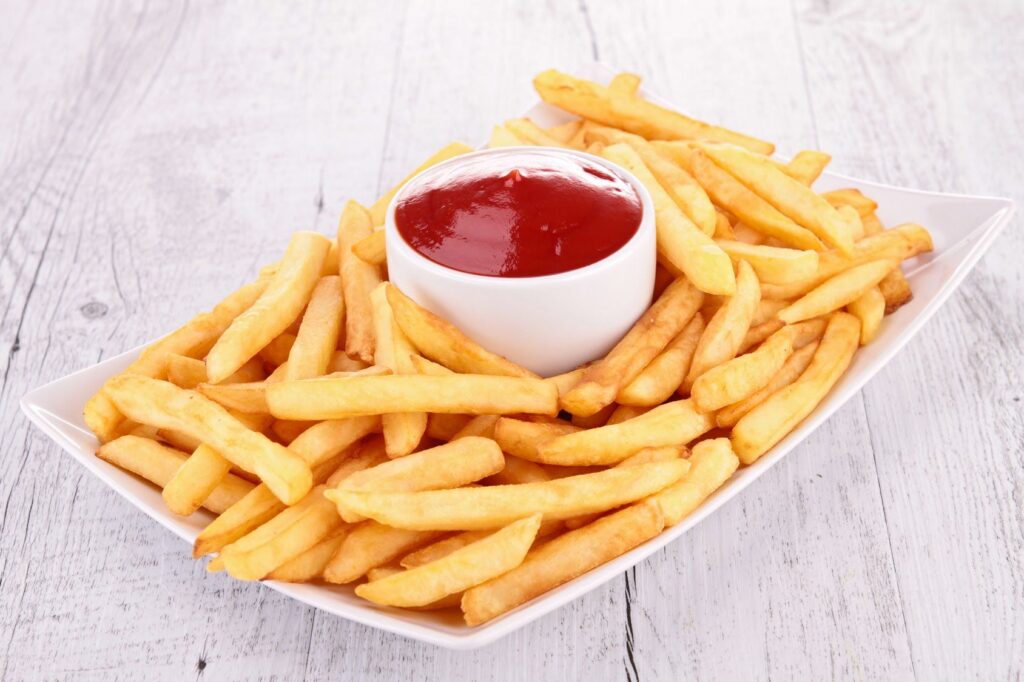
Both french fries and potato chips are beloved snacks, but they come with significant health warnings.
- Acrylamide: This chemical, also found in cigarette smoke and some industrial processes, forms in carbohydrate-rich foods when they are cooked at high temperatures, such as during frying.
Pesticides in Potatoes
Potatoes, particularly those used for making fries and chips, have some of the highest pesticide residues among fruits and vegetables. These toxins can pose additional health risks over time, compounding the potential dangers of consuming acrylamide.
Farmed Salmon: Choose Wisely
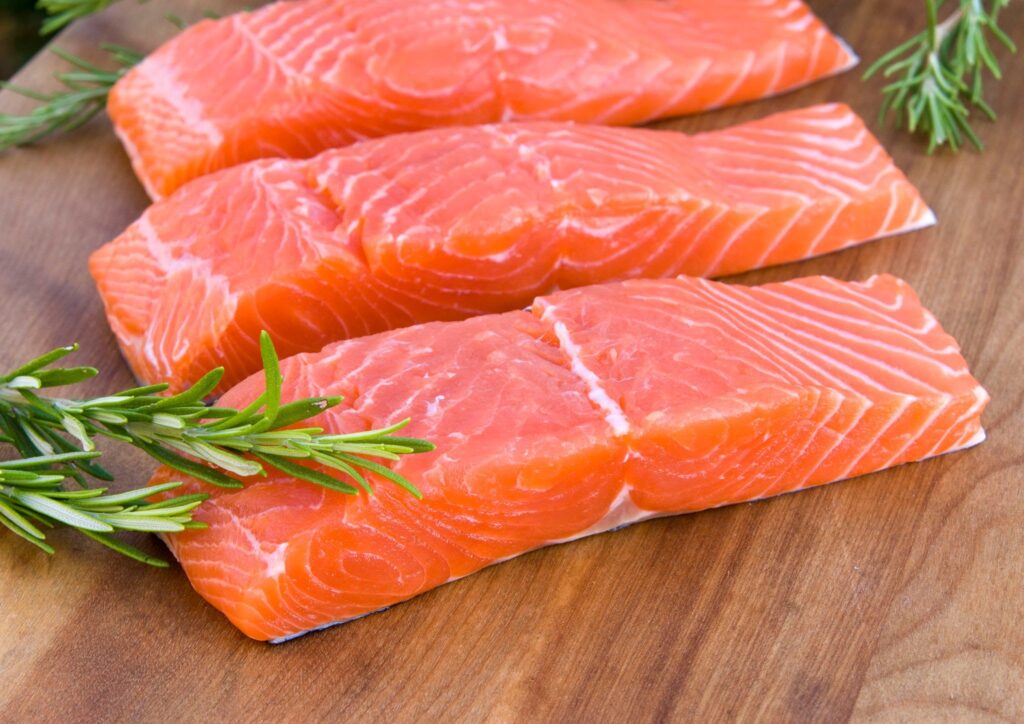
Turning to fish as a healthier dietary choice? Make sure to be selective about the type of salmon you eat.
- Farmed Salmon: A study from the University of Albany has shown that farmed salmon can contain harmful contaminants, including pesticides and flame retardants.
Why Wild Salmon is Better
Wild salmon, while more expensive, is typically free from these harmful chemicals. It’s a more sustainable and safer option for those looking to incorporate more fish into their diet without the added risk of contaminants.
Microwave Popcorn: A Hidden Hazard
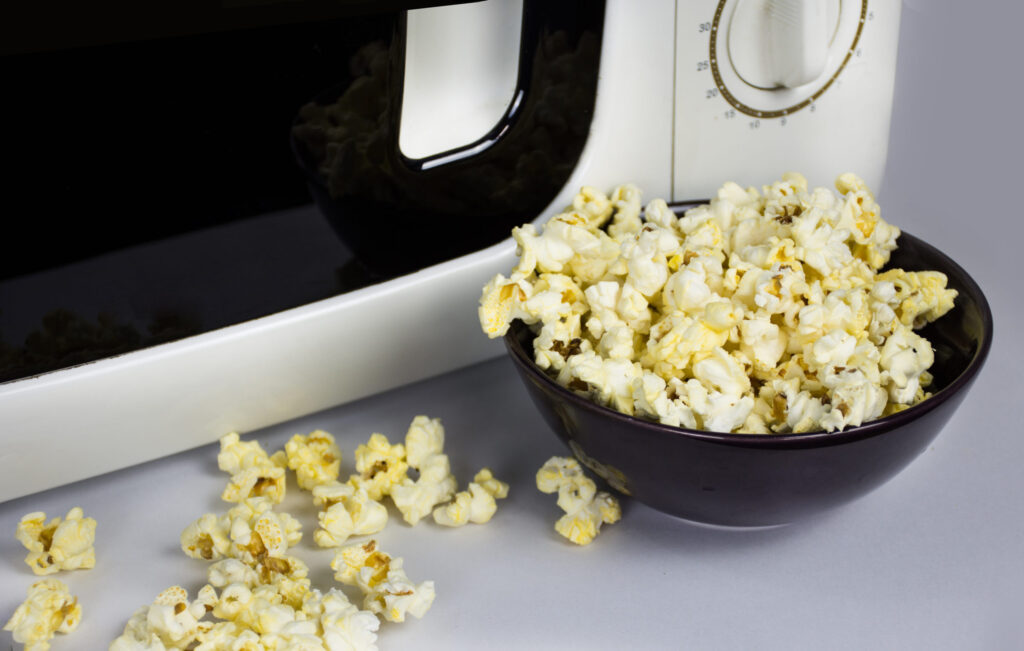
Microwave popcorn might seem like a convenient, low-calorie snack, but there’s a hidden danger lurking in the packaging.
- PFOA in Bag Lining: The bags that microwave popcorn comes in are often lined with a chemical called perfluorooctanoic acid (PFOA), which has been shown to increase the risk of certain cancers.
A Safer Alternative
Making your own popcorn using natural, unprocessed kernels and a simple paper bag can eliminate this risk entirely. It’s a small change that can make a big difference to your long-term health.
Making Smarter Choices
The information might seem overwhelming, but it’s not a call to eliminate all these foods from your diet entirely. Instead, consider moderation and balance. Here are some actionable steps for integrating this knowledge into your daily life:
Reduce Processed Meat Consumption
Processed meats might be convenient and satisfying, but the risks they pose are significant. Try to limit your intake and substitute with healthier protein sources such as beans, lentils, and lean poultry.
Be Mindful of Palm Oil
Read labels carefully and reduce your consumption of products containing palm oil. Many brands are now offering alternatives made with healthier fats, so keep an eye out for these options.
Limit High-Temperature Cooked Carbs
Fried foods, particularly those that are carb-heavy like french fries and chips, should be enjoyed sparingly. Consider baking or air-frying as healthier cooking methods that reduce the formation of acrylamide.
Choose Wild Over Farmed Salmon
When possible, opt for wild-caught salmon. It might be more expensive, but it’s a safer and healthier option. Alternatively, look for farmed salmon from trusted sources that guarantee lower contaminant levels.
DIY Popcorn
Making popcorn at home is simple and allows you to control what goes into your snack. Use a paper bag and some kernels for a healthier alternative to boxed microwave popcorn.
Conclusion
Staying informed about what you eat is crucial for maintaining long-term health. By making small, consistent changes to your diet, you can significantly reduce your risk of developing cancer and other chronic diseases. Remember, it’s about progress, not perfection. Make smarter choices, enjoy your food, and take control of your health, one meal at a time.
